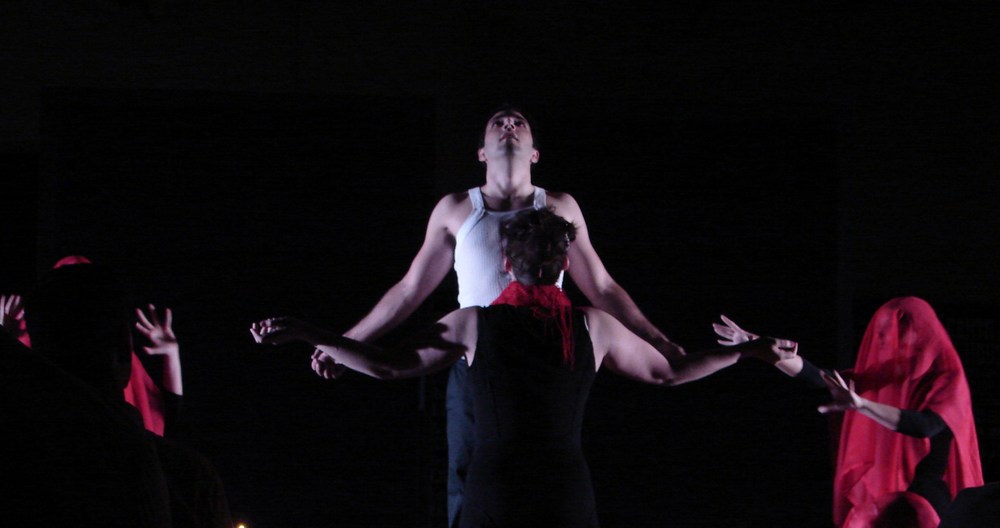How to Write Program Notes
Writing program notes is like learning how to market yourself as a singer. More often than not, you don’t learn the specifics behind the process in school but are nonetheless expected to master it. To that end, we’ve created a how-to guide on writing program notes appropriate not only for anyone programming their first recital but also for the experienced performer in need of a refresher. Writing program notes doesn’t need to be a dreaded chore and can help you grow as an artist, as long as you give yourself sufficient time to write them. Once you’ve chosen or been assigned your recital repertoire, use the following steps to get through the writing process both thoroughly and efficiently.
1. Listen to the entire piece while looking at the score
As soon as your recital is booked and programmed, the writing process should also begin. In order to accurately write about a piece of music, it’s important to understand that piece of music. While listening to a recording with score in hand, take note of sections that stand out to you. These observations will guide you toward what specific points to focus on in your program notes. If you're writing program notes for an event other than your own and it's the first time you’re hearing the piece of music being performed, it may take several listenings to gather enough information. For vocal music, it would also be helpful to listen to more than one singer to better understand the subtleties of the music.
2. Research, research, research
Now that you have formed some of your own ideas and observations about the music, find out what musicologists have to say. You should also use this research time to get to know the composer, particularly specifics about his/her life around the time the work was written. What were the circumstances behind the piece, if any? If you’re not sure where to begin, check out your school or local library for both printed and electronic sources, such as JSTOR. You can also find a good amount of specific information in record and CD booklets. Finally, remember to cite EVERYTHING at this point in the process. Nothing compares to the stress of having to look up un-cited notes for reference, and if you’re in school, you will most likely need to include these citations when you turn in your notes for faculty approval.
3. Make a plan
Now that you’re ready to start writing, make a chart or outline of all the information you’ve gathered. Mind maps work incredibly well for outlining program notes. If you’re unfamiliar with mind maps, they are diagrams used to organize information in a more visual way than a basic outline using a hierarchical system of categories. Check out this website for further explanation. Then, using your outline, let the writing begin! When you give yourself plenty of time to write your program notes, you will have plenty of time to revise and refine. Be sure to ask your peers to read through your notes along the way to help edit.
What to include in your program notes
- Biographical information about the composer relevant to the musical piece you're performing
- Why the piece was written, who it was written for, influences or a specific story behind the piece, etc.
- What makes the piece distinctive
- Specifics about the musical structure of the piece, such as genre, instrumentation, voicing, and form
- Information about the premiere (when, where, why, who, etc.)
- Other interesting aspects of the piece. This is where you can refer back to your initial observations when first listening through the piece to help guide the audience towards specific things to listen for
What NOT to include in your program notes
- Biographical information on the composer unrelated to the work being performed
- Unsupported claims, such as opinions about the work
- Editorial specifics in the score, such as measure numbers. The audience shouldn’t need to have a score in hand to understand what you’re talking about.
- Musical terminology without explanation. Your program notes should be accessible to all levels of musical competency.
- A summary of the entire piece
Above all else, program notes should be about quality over quantity. No one wants to read a novel when attending a recital or concert. Chances are you will acquire far more information than you will end up using in your notes while researching, but don’t worry! That information is essential for your own interpretation of the work, and the more informed you are about the piece you are performing, the better you will serve the music. Writing program notes can be an incredibly gratifying experience that reignites your passion for your art form. Good luck with your writing!








